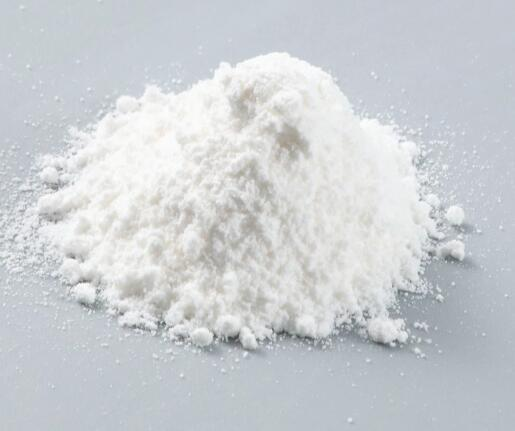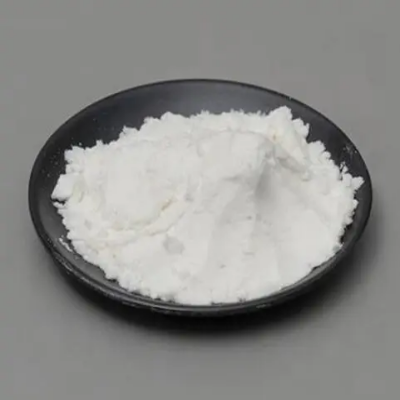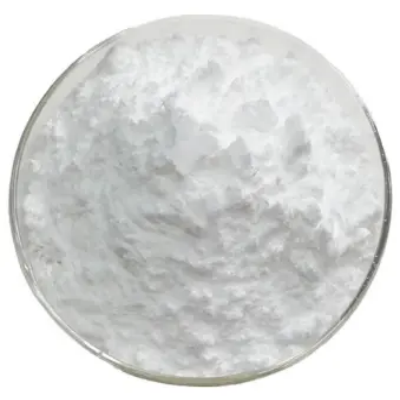Cytidine CAS:65-46-3
Cytidine is a pyrimidine nucleoside formed by the combination of the nitrogenous base cytosine and the five-carbon sugar ribose. It is one of the essential components of ribonucleic acid (RNA), where it pairs with guanine during RNA synthesis. The critical role of cytidine extends beyond being a mere structural unit; it participates in vital cellular processes, influencing gene expression, cell proliferation, and metabolic activities. One of the primary functions of cytidine in cells is its involvement in the synthesis of RNA molecules. RNA plays a key role in translating genetic information from DNA into proteins, essential for various cellular functions. Cytidine’s presence ensures the proper assembly of RNA strands, which is crucial for maintaining cellular function and promoting growth. In addition to its structural role, cytidine is also believed to exhibit neuroprotective properties. Research has indicated that cytidine and its derivatives may help protect neurons from damage, making them a subject of interest in neurodegenerative disease studies, such as Alzheimer’s and Parkinson’s diseases. Some studies suggest that cytidine administration could improve cognitive function and reduce neuronal inflammation, indicating its potential as a therapeutic agent in treating neurological disorders. Furthermore, cytidine has been explored for its anti-inflammatory effects. By modulating inflammatory pathways, it may help alleviate conditions characterized by excessive inflammation, such as autoimmune diseases or chronic inflammatory disorders. This ability to impact inflammation highlights cytidine’s versatility and its potential applications in pharmacological formulations aimed at managing these conditions. Cytidine is also used in the pharmaceutical industry, particularly in the development of nucleotide analogs that can serve as antiviral or anticancer agents. These derivatives can mimic naturally occurring nucleotides, thereby influencing viral replication or tumor cell growth. The development of cytidine-based therapies represents a promising area of research in drug discovery. Additionally, cytidine's derivatives, such as cytidine diphosphate (CDP) and cytidine monophosphate (CMP), play roles in various metabolic pathways, contributing to lipid biosynthesis and energy metabolism within cells. Their involvement in these pathways underscores the broader significance of cytidine beyond mere genetic functions. In summary, cytidine is a fundamental nucleoside with diverse biological roles, including RNA synthesis, neuroprotection, and anti-inflammatory activities. Its potential therapeutic applications in neurology and inflammation highlight its importance in medical research and drug development. As our understanding of cytidine and its derivatives continues to evolve, it may lead to innovative therapeutic strategies for addressing various health conditions, solidifying its place in both molecular biology and pharmacology.



| Composition | C9H13N3O5 |
| Assay | 99% |
| Appearance | white powder |
| CAS No. | 65-46-3 |
| Packing | Small and bulk |
| Shelf Life | 2 years |
| Storage | Store in cool and dry area |
| Certification | ISO. |









